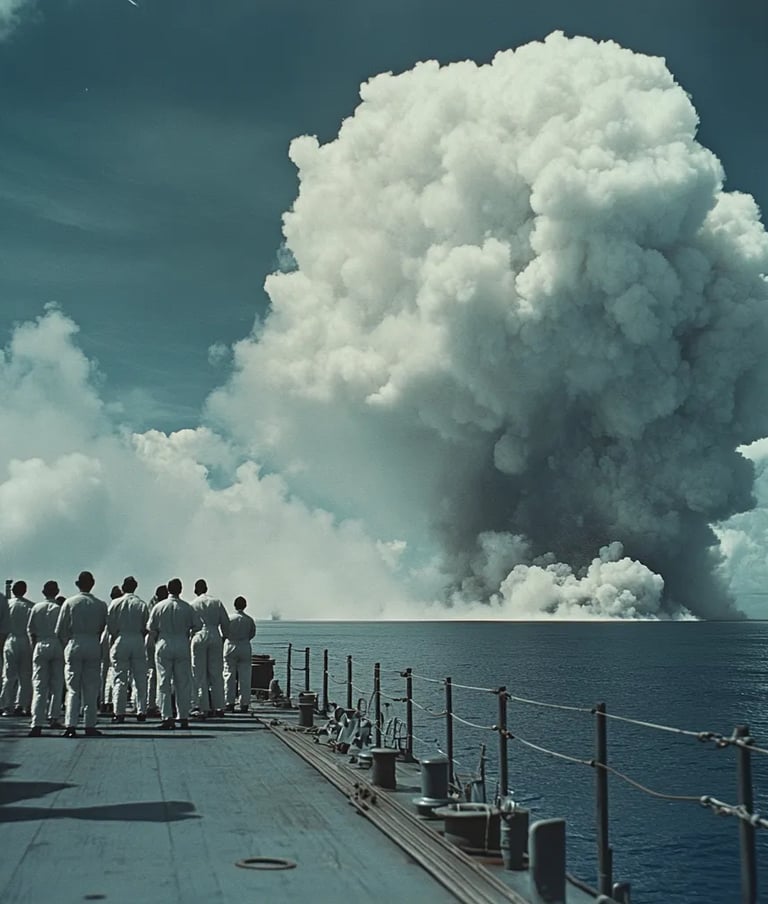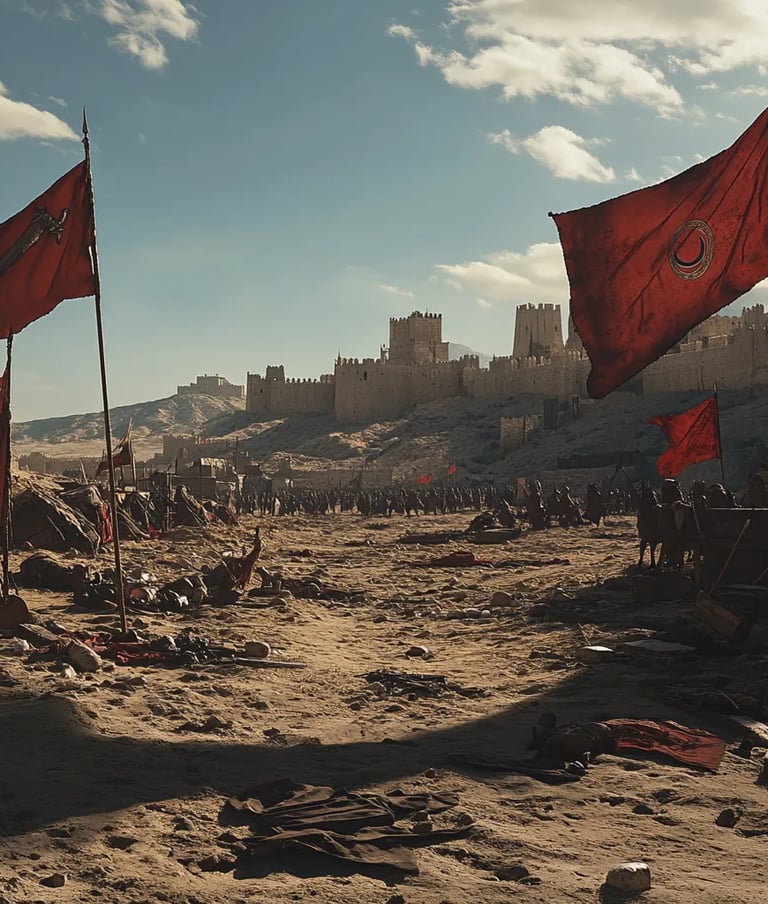In 410 AD, the Visigoths, led by King Alaric I, sacked Rome for the first time in nearly 800 years. This event marked a turning point in the decline of the Western Roman Empire. The sacking of Rome symbolized the weakening of the empire and the beginning of its eventual collapse.


410AD – Rome Overrun by Visigoths




On August 24, 1814, during the War of 1812, British troops captured Washington, D.C. They set fire to key buildings, including the White House and the U.S. Capitol. The attack was retaliation for the U.S. burning of York (now Toronto). It remains the only time Washington, D.C. has been occupied by a foreign power.


1814 – British Forces Capture Washington, D.C.




On August 24, 1787, Wolfgang Amadeus Mozart completed his Violin and Piano Sonata in A Major, K. 526. This work, composed in Vienna, showcases Mozart’s mastery of both instruments. Known for its lively tempo and technical brilliance, the sonata remains a favorite among musicians and a testament to Mozart's genius.


1787 – Mozart Completes Violin and Piano Sonata




On August 24, 1968, France conducted its first successful thermonuclear test on Mururoa Atoll in the South Pacific, becoming the world’s fifth nuclear power. This detonation marked a major milestone in France’s nuclear weapons program and solidified its position as a significant global military power during the Cold War.


1968 – France Becomes Thermonuclear Power




On August 24, 1516, the Ottoman Empire decisively defeated the Mamluk Sultanate at the Battle of Marj Dabiq, near Aleppo. The victory marked the beginning of Ottoman dominance over Syria and Egypt. This battle was a turning point, leading to the fall of the Mamluks and expansion of the Ottoman Empire into the Middle East.












